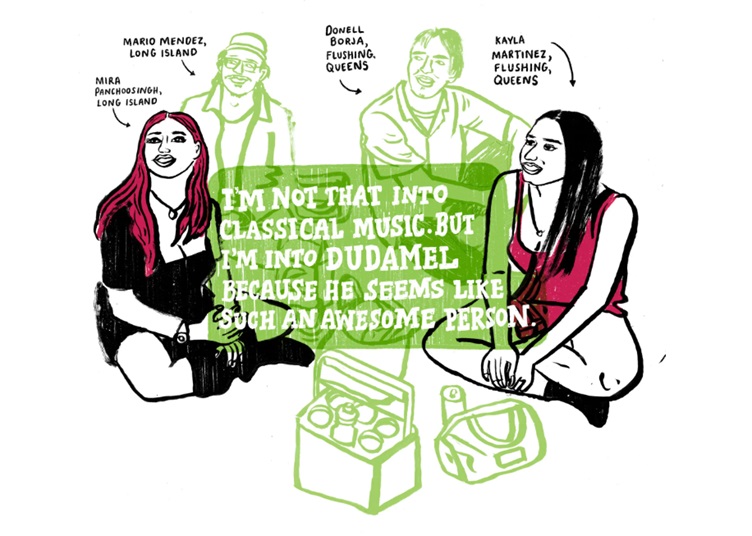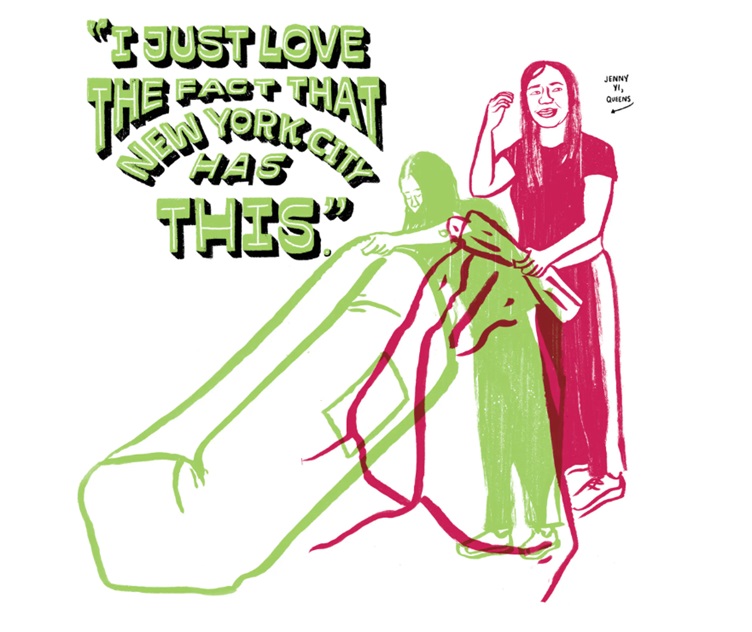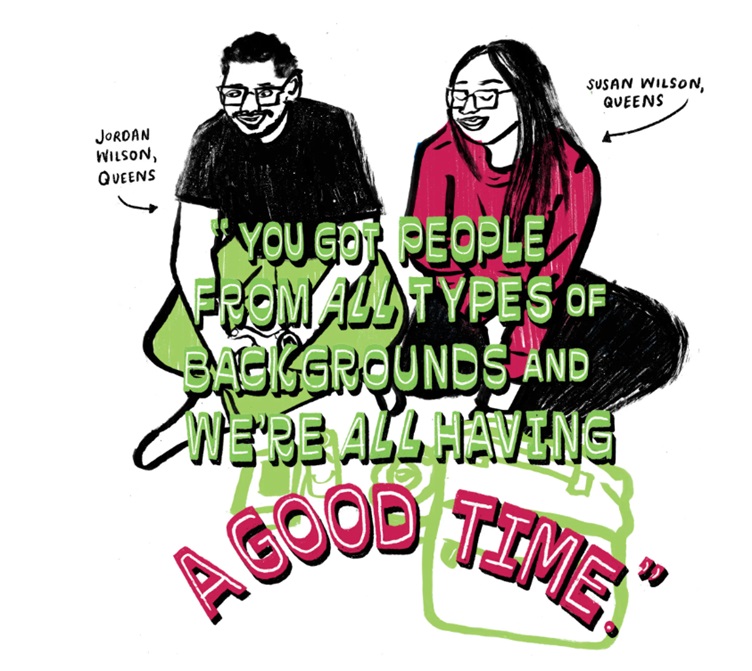Early last month I saw a story about a giant pencil being sharpened in a Minneapolis suburb. Apparently a few years back the owners of a storm damaged oak tree on their front lawn had the idea to have it sculpted into a giant No. 2 pencil. About four years ago the started to hold an annual party and ceremony where they sharpen the pencil with a giant eraser.
While I had taken note of it and had been amused, I didn’t really delve much deeper until earlier today when I mentioned the pencil to a co-worker who was also from the Minneapolis area.
We ended up watching a video made by one of the attendees and realized I clearly did not appreciate how big a deal the sharpening is.
Over the course of the video the crowd grows to the point where there were apparently 2000 people occupying the street and lawn of this residential neighborhood. There were bunches of people in pencil costumes and pencil caps. There was a marching band. A musical invocation by an alpine horn playing duo. Some of the pencils danced and did a trust fall off the porch of the house. The pencil was “interviewed” over a tin can phone strung between the porch and scaffold erected around it. People jockeyed to get pieces of the pencil shavings dropped to the lawn.
It was a great example of organic grassroots placemaking (none of that fake turf grassroots placemaking!). Around the 4:05 mark, the MC observed that Minneapolis punches above its weight in terms of arts and music.





Santa Cruz Shakespeare has several tiers of benefits for donors/members. Some, like season-announcement parties, are open to several tiers. Some,…